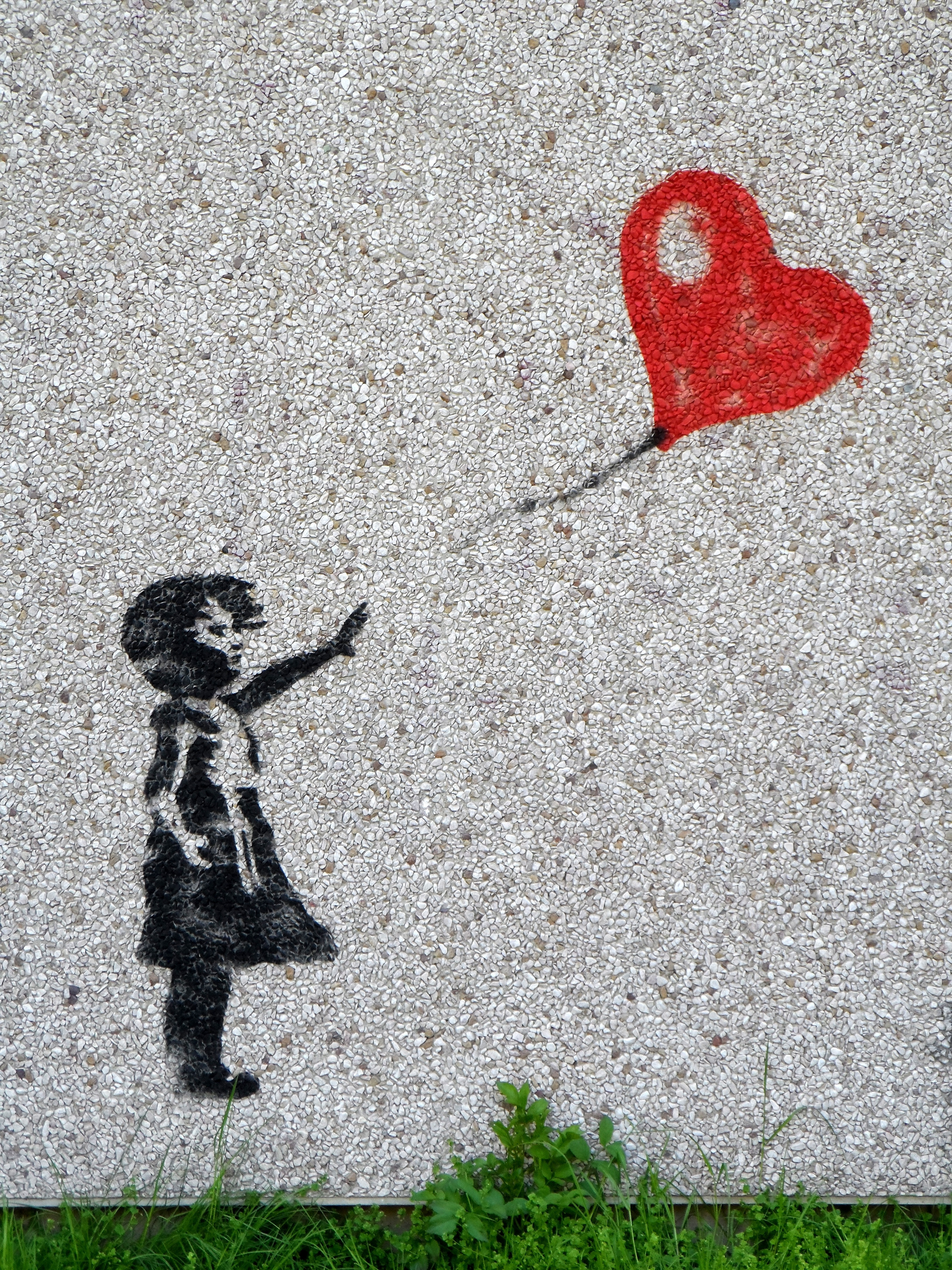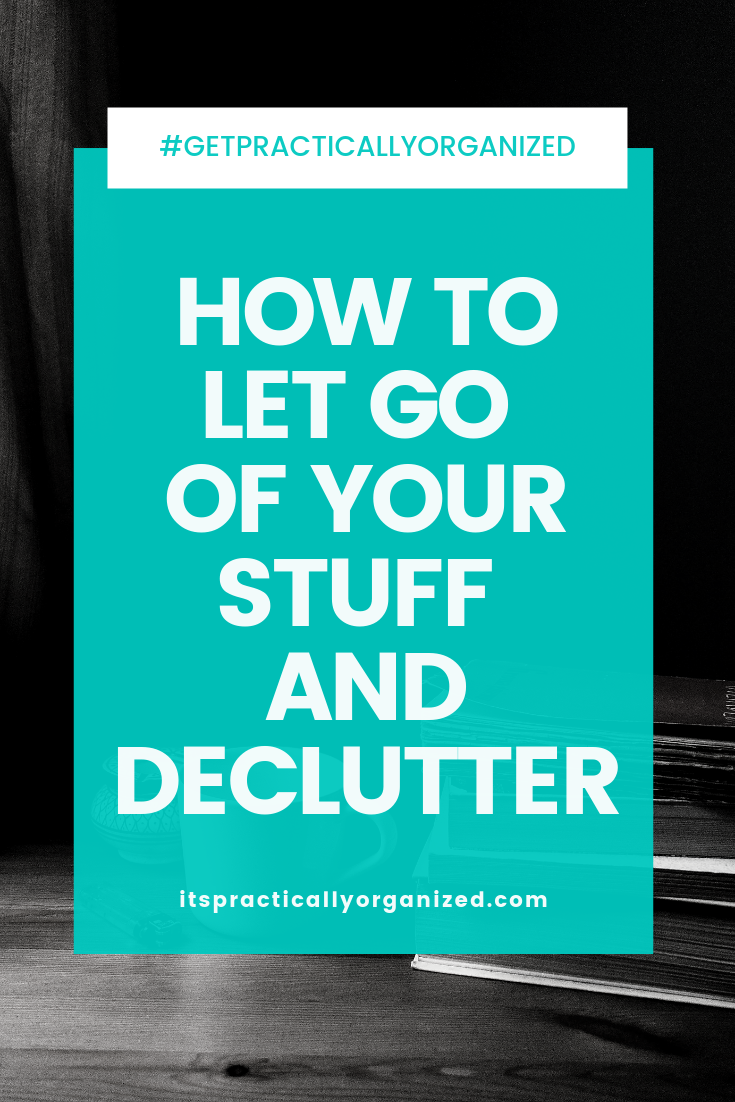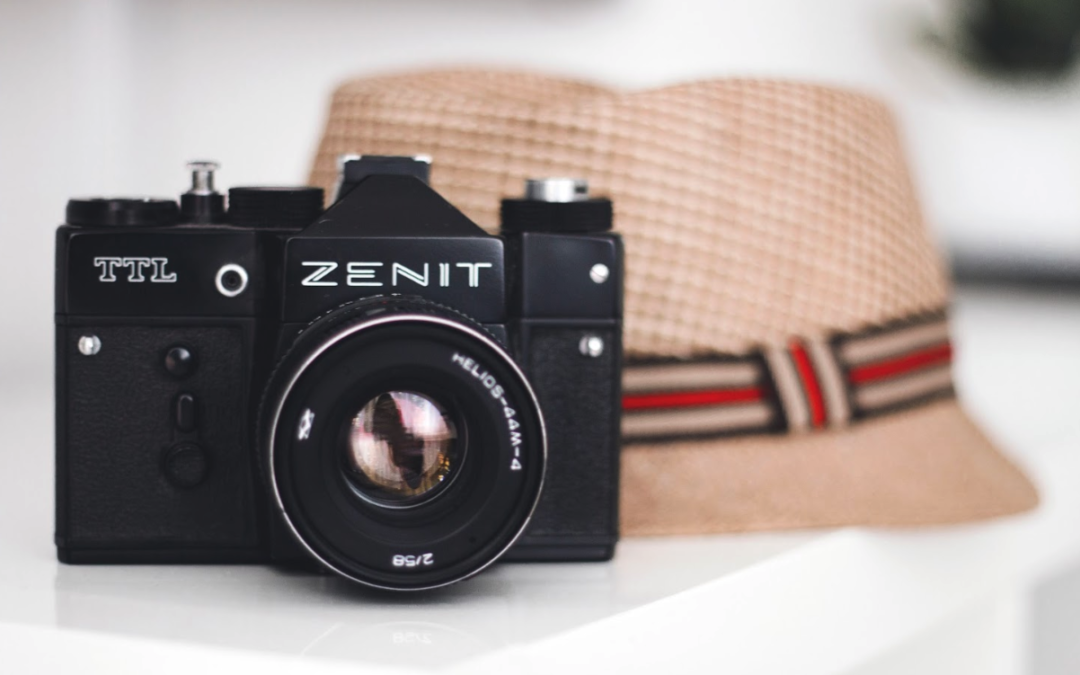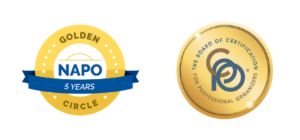Why Is It Hard To Let Go?
When I talk to my clients about decluttering and organizing on their own they tell him how hard it is for them to let go of an item. They know logically they don’t use the item, it doesn’t fit, it’s broken, it’s not theirs but they still struggle to take the next step and let it go. They ask me why it’s so hard for them. My response is – it’s in our nature. Humans are collectors, we have been programmed for a long time to gather resources for survival. For most of us who are fortunate, we aren’t gathering or collecting items necessary to our survival but it fulfills us in other ways (emotionally, spiritually). We keep items that have memories attached to them and we have a bit of fear that if we let go of that item that we won’t have anything to trigger that memory and feeling again. It’s a normal reaction that once you talk out loud with a family member, friend or Professional Organizer you can move past it and know that your memories will remain even after you let go of the object.
Know Your Why?
Getting organized and working to declutter can lead to a lot of distractions. Every item or piece of paper can derail you from your project. It’s important to go into the process knowing your “why”. What I mean by that is know why you started. What brought you to the conclusion that you needed to organize your guest room, kitchen or office? Are you selling a house? Are you trying to increase your productivity? It does not have to be that big of a goal. It could be that you want less to manage and you don’t want your possessions to own you. You should own your possessions. When you know what is driving you to make a change you can use it to stay focus. It even helps you make decisions about your belongings. If you’re clearing out a room to make a home gym then it’s probably ok to get rid of dessert cookbook collection you have because it no longer aligns with your “why”. If it helps you can create a vision board or a simple post-it note to remind you.
Tips to Let Go
- Remember your initial intention
- Take your time
- Enlist a friend to help keep you on track
- Find organizations that will take your donations
- Remember the memory will stay after the object is gone
- Ask yourself when was the last time you used the object
- Note the condition of the item
- Think about the time and cost it might take to fix broken items
- Don’t be too hard on yourself
- Practice letting go on a regular basis – if you don’t leave long periods in between decluttering you won’t have a build up of anticipation or anxiety associated with it
- If you’re having trouble starting look around the space and grab 3 items that need to be tossed, donated or moved to a different space. Use the momentum to keep going.

Final Thoughts
Going forward before you purchase an item think about what it requires to own it – cleaning it, moving it, storing it, maintaining it and possibly insuring it. This all takes time, energy and sometimes money. I challenge you to be open to other ways you can access, use and enjoy objects. Perhaps you can borrow from a friend or neighbor or even rent and item.
Contact me here or my social media for more!
Want to save these ideas for later? Pin it!





